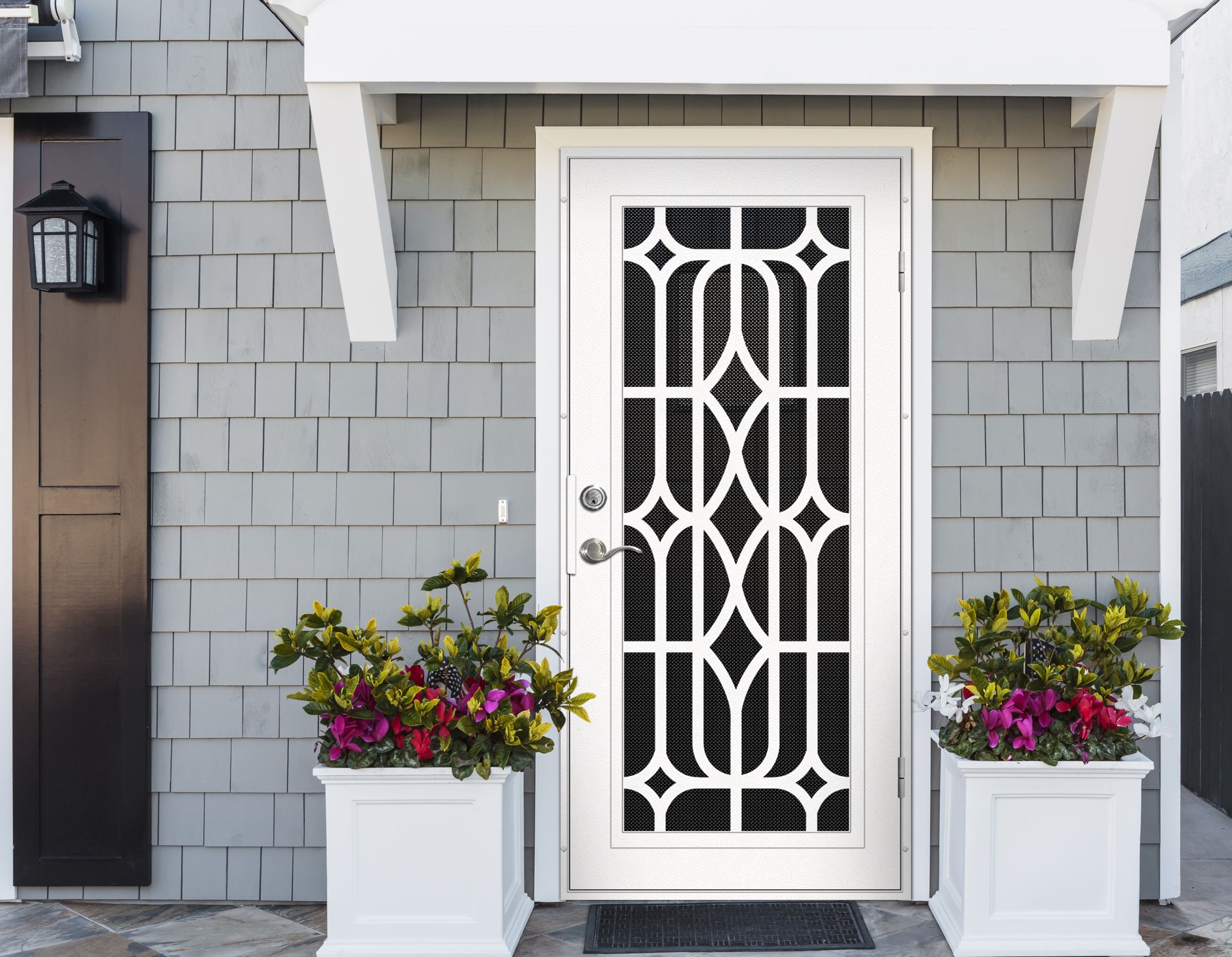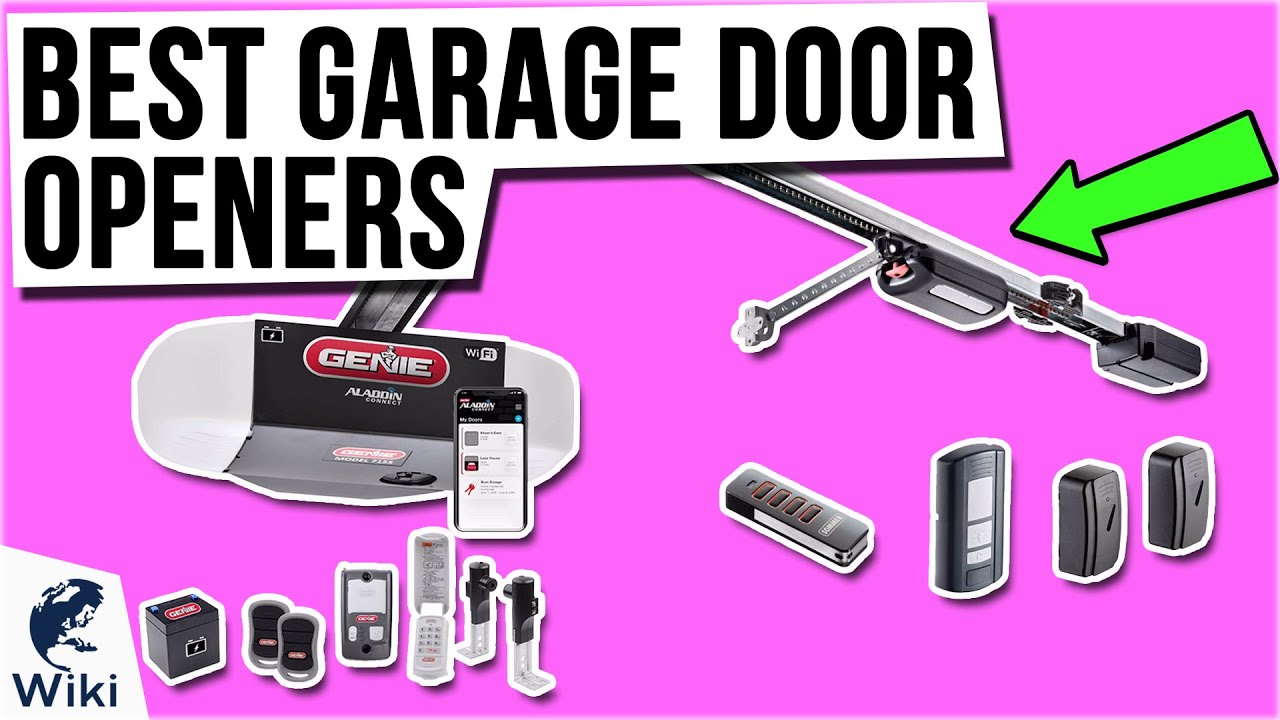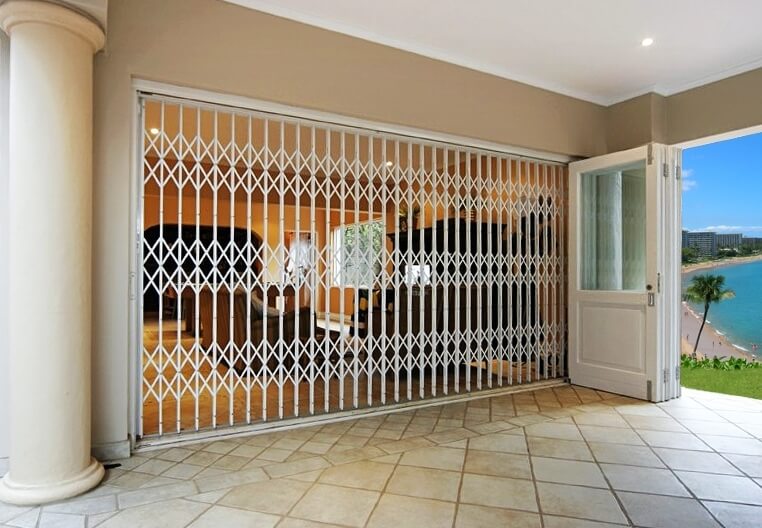
Vivint smart locks connect via Z-wave with your home's Wi-Fi network, and you can control them from your smartphone. The connection between your phone and your home is secure, and you can lock and unlock your door from anywhere. It allows you to create as many as 30 different access codes. It also offers many benefits, including eliminating the need for duplicate keys.
Vivint smart lock uses a Z-wave connection
Vivint uses Zwave to connect with compatible devices. The connection is secure and can cross walls. It operates on a Zwave network by default, but you can add devices to it if needed. The process of adding a Vivint smartlock is simple and takes only a few minutes.
You can use Vivint's smart lock by downloading the Vivint App to your smartphone. This software is free and allows to create a unique key as well as set an expiration time. An auto-lock feature is also available. However, to activate the autolock feature on the Vivint app, you will need to go into the Vivint mobile app.

It connects with your WiFi network at home
Smart locks are an excellent option for homeowners who want technology to help protect their home. Not only will it protect your home from intruders, but it can also alert you to specific events that can lead to burglary. A smart lock is a great way to keep an eye on your home while you're away or from work.
Vivint's smart lock connects to your WiFi network and sends you instant notifications about who is inside or outside the house. These notifications are great and useful. However, you shouldn't allow them to be activated when you're not there. False alarms may result.
It allows you to lock and unlock your doors from your phone
Vivint's smartlock is an easy way to lock or unlock your doors without your keys. It will also alert you when someone leaves or comes into your home. This allows you to be sure that they are safe. Vivint also has a smartphone app that allows you monitor the status of doors.
The wireless network connects the keypad and door locks. Unauthorized people can hack in to your home and change the settings. Smart locks with the most advanced verification features require fingerprints, longer passcodes, facial recognition, and more complex passwords. This decreases hacker risk. But, these systems are still dangerous and you should make sure that two-factor authentication is set up.

It is well protected against hackers
A Vivint smart lock is a secure option for homeowners who are concerned about the privacy of their home. The system uses an advanced encryption algorithm to prevent outsiders from hacking their device. Your property will be protected by the professional monitoring center. To prevent unauthorized access, Vivint security systems use a password. The password must be unique and should be kept current.
To protect your account, change the password. You must also log out of any devices that may have been granted access to your account. If you suspect someone has tampered with your password, you can call Vivint customer support to help you set a new one. You should also avoid using the default settings for your router.
FAQ
How do you choose between different home security systems types?
It is important to consider the threat level in your locality. A burglary alarm might be necessary if you live in a high-crime area. If you live in a rural area where there aren't many burglaries, then you may not need as much security.
Consider whether you are prepared to pay more for advanced features. Some systems include cameras built in, while others do not. Some systems let users remotely monitor their homes, while others require them to be physically present in order for you to see the footage.
Do I really need an alarm system for my home?
If you own a home, you definitely need a home security system. A burglar could break into your houseat any time without warning. They can steal anything, including valuable jewelry and expensive electronics. They could even walk off with all your possessions if you don't lock your doors.
Home security systems help you protect your home and notify you when something is happening. This includes detecting motion, sending alerts to your mobile device, recording activity, and allowing you to view recorded footage.
A DIY camera is a great alternative to a full-blown home security system. These cameras allow you to see who is at your front door and notify you when they are entering or leaving. However, they will not stop intruders breaking into your home.
Can I set up a security camera myself?
Yes! You can install a home alarm yourself if you know what you're doing. If you are not confident in installing it yourself, you can hire an expert to assist you.
How much should alarm monitoring cost?
The cost of alarm monitoring varies depending on the frequency you need it monitored, the equipment you require, and whether an all-inclusive or monthly package is chosen.
Statistics
- That's probably why Cove has a whopping 98%* customer retention rate. (safewise.com)
- Unlike other online safety services that charge up to 100 percent of your monthly fee, Cove charges no upfront fees and has no hidden costs.
- Most home security companies will charge you around 75% of the remaining term of your contract if you cancel early—and some require 100%.Related questionsWhat type of contract length can I expect from security providers?Home security system cancellation (safewise.com)
- Related questionsHome security systems that are 100% DIY (safewise.com)
External Links
How To
How to Install Home Security Systems
A home alarm system is a device which monitors your home and alerts when there's an activity. It could be motion sensors, doorbell cameras, smoke detectors or burglar alarms. A home security system typically includes one or more sensors, such as motion detectors. These sensors send signals when they sense movement or sound. The signals are then sent by the sensors to a control center where they are recorded and monitored. A control panel will alert your phone, tablet or computer if something is wrong. You'll be able to immediately take action and know exactly what's happening.
It is important to choose the right type and size of sensors to fit your home before installing a security system. There are two main types, passive and active. Passive sensors don’t require batteries. They only pick up sounds, vibrations and other signals from their environment. They include things like doorbells, sirens, and buzzers. Active sensors use electricity to transmit data. These sensors include motion sensors and cameras.
There are many options for sensors. Each brand comes with its own pros and cons. Some sensors are waterproof, others are not. Some sensors have built-in speakers, so they can be heard even when you're not outside. Others work only inside. Some are simple, while others offer advanced features such as night vision.
After deciding on the best type of sensors for your property, you'll want to choose a manufacturer. This will ensure that your sensors are compatible. The hardware store should offer many choices.
Once you've chosen a brand of sensors, you'll need to decide how many you want to buy. Depending on whether someone lives alone or with their family, most people buy one to two sensors. If you have plans to purchase additional sensors in the future, it might be worth buying more than you currently need.
Next, consider where you want to put your sensors. Are you looking for them to be near doors or windows? Or are you happy to keep them hidden? Before placing them around your property, you should get permission. You should also ensure that they don't interfere with electrical outlets or other property features.
After you've determined the location of your sensors, you will need a way that they can be connected to your control panels. You might need a power adapter for your setup. Once you have everything in place, your property can be monitored!